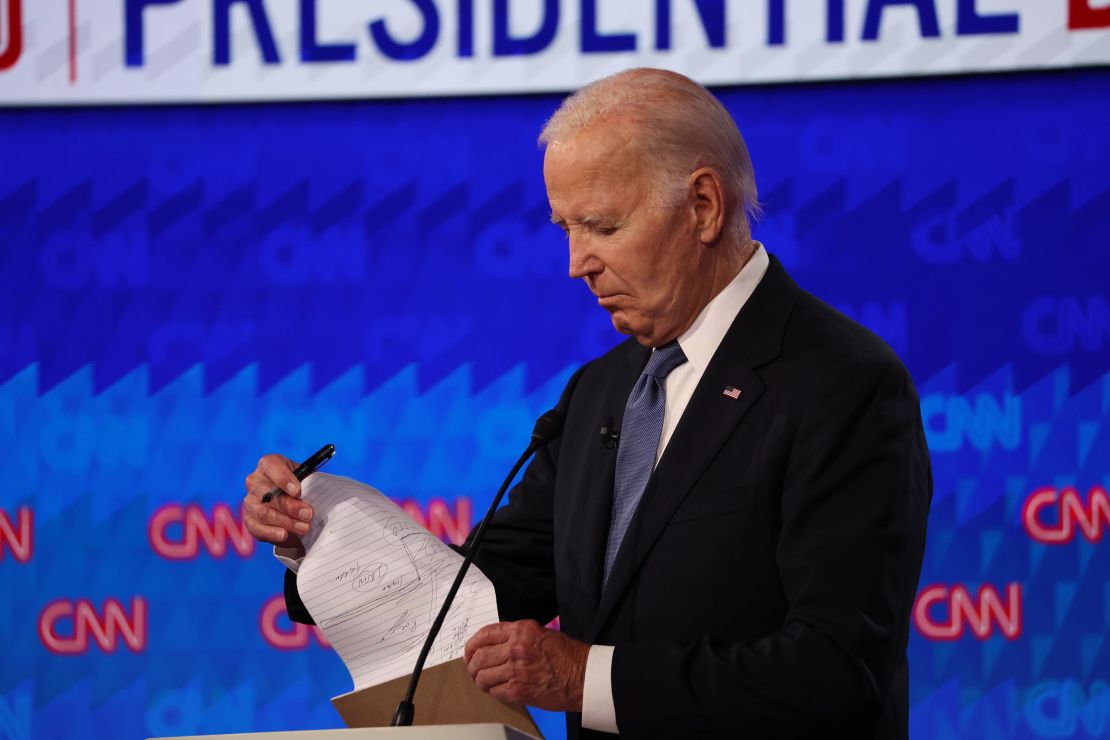Biden plans to strike a final blow to Russia’s military budget
25 December 2024 10:02
The Biden administration is considering imposing new large-scale financial sanctions against Russia in the energy sector, partly to give the new Trump team additional leverage in negotiations over Ukraine. However, Biden may not want to raise fuel prices even in the last days of his presidency. This is stated in an article by The Washington Post, according to "Komersant Ukrainian".
Four people familiar with the situation said the new planned sanctions were announced. This could be the Biden administration’s parting shot in the financial war against Russia.
The main purpose of the sanctions will be to target the “shadow fleet” of international ships transporting Russian oil to countries outside the Western bloc, as well as certain Russian oil exporters that have not yet been sanctioned. Among the options under consideration is the revocation of the license that allows banks to process Russian energy transactions.
If implemented, these sanctions could affect Biden’s economic and foreign policy legacy before Trump’s inauguration. A significant move against Russia before the end of his presidency would bolster Biden’s claims that he has rallied Western allies to respond decisively to the 2022 invasion of Ukraine. He is also eager to pass on a strong economy to his successor, an achievement that could be undermined by a sudden energy shock.
Throughout the nearly three years of full-scale war, the White House has been wary of restricting Russian energy exports too severely for fear of a spike in global oil and gasoline prices for American drivers. However, inflation has fallen significantly compared to previous years, and the election is over, changing political calculations. Outside experts are pushing for Biden to increase pressure on Russia’s energy sector, and some officials fear that time is running out.
Follow us on Telegram: the main news in a nutshell
How current sanctions work
The United States and its European partners have provided hundreds of billions of dollars in aid to Kyiv while imposing a series of financial sanctions on Russian banks, defense firms, industrial producers, and other companies. These sanctions are taking effect with increasing force: annual inflation in Russia, according to official government data, is expected to exceed 9%, and a recession is possible next year. The Central Bank of Russia has raised interest rates to 21%.
However, Russia’s energy sector has remained only partially constrained, which supports Russian forces on the battlefield, minimizing economic losses at home. From one third to one half of Russia’s budget revenues come from oil and gas sales. According to S&P Global, last year the Kremlin earned approximately $100 billion from energy sales.
According to the Center for Research on Energy and Clean Air (CREA), since the beginning of the full-scale Russian invasion, the European Union has bought 210 billion euros worth of energy from Russia, and the world has bought 810 billion euros.
The Western “price cap,” led by the United States and European allies, has reduced the Kremlin’s energy revenues by setting a maximum price at which participating countries can legally buy Russian oil. However, Russia continues to find non-Western markets to export to in order to circumvent the restriction, especially in China and India.
What can be done
“The goal of new large-scale sanctions should be a double-digit drop in their export revenues within 6-12 months,”
– said Peter Harrell, a former senior director for international economics in the Biden administration who is now a visiting fellow at the Carnegie Endowment for International Peace.
A senior administration official characterized the move as necessary to ensure that Ukraine is in the “best possible position” to defend itself and negotiate peace on “fair” terms.
Global energy markets may now give Biden more leeway to strengthen these efforts. The International Energy Agency said last month that it expects supply to exceed demand next year as the U.S., Canada and other countries ramp up production. Gasoline prices remain well below their 2022 highs, and few experts believe that even a serious blow to Russian energy production would lead to a spike in prices at the pump.
However, the end of the election may not relieve the president of his concerns about gasoline prices. According to aides, Biden is determined to leave the economy in good shape before leaving office. Both Biden and Trump have promised to tighten controls on Iranian oil sales, a double blow that some analysts say could change forecasts of an energy glut.
Follow us on Telegram: the main news in a nutshell









